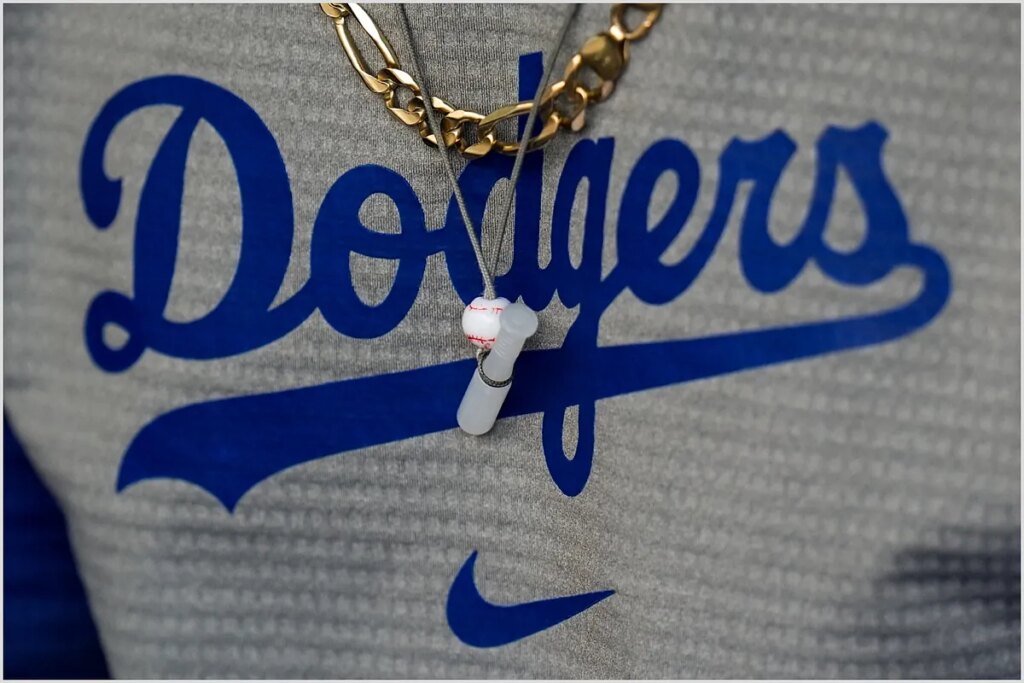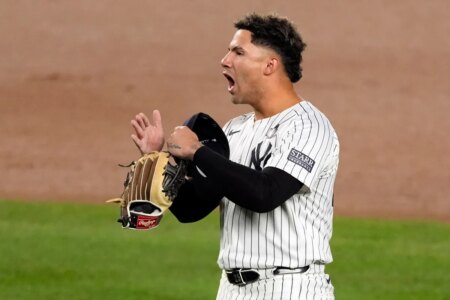After it was revealed that the Los Angeles Dodgers had reached an agreement to sign a three-year, $66 million contract extension with Dominican outfielder Teoscar Hernandez, attention began to turn to some of the conditions of the deal.
It turns out that the Dodgers continue to pursue a strategy that today has them with a large deferred debt that already exceeds one billion dollars and is already considered by many to be an unhealthy reliance on the finances of the Los Angeles nine.
The deal with Hernandez includes a club option for four years for $15 million and a $23 million signing bonus, not to mention more than $23 million in deferred payments, something Hernandez will be able to collect without a problem and with the authority given to him by his offensive power, knowing that he is an important asset at Chavez Ravine.
The Dodgers’ massive debt of more than $1 billion affects seven players between 2028 and 2046, and while the portion deferred to Hernandez over a decade matters much less than the other cases, it adds to heavier commitments to Japan’s Shohei Ohtani ($680 million), Mookie Betts ($115 million), Blake Snell ($66 million), Freddie Freeman ($57 million), Will Smith ($50 million) and Tommy Edman ($25 million).
This is how Andrew Friedman explains his move
According to the Los Angeles Dodgers’ president of baseball operations, Andrew Friedman: “Deferred payments allow them to retain elite talent without compromising their long-term goals. This strategy allows the Dodgers to sign outstanding players while managing luxury tax penalties and maintaining flexibility for future acquisitions.”
According to this logic, players have guarantees in the present and the future, because by giving their maximum in the here and now, at the same time the foundations are laid for competitiveness in the short and medium term, while maintaining the franchise’s championship ambitions.
Criticism of the strategy
However, there are many who claim that this strategy could present financial challenges in the not-too-distant future, as the Dodgers rely on their earnings to remain strong in order to meet these commitments, which are not ‘small potatoes’, especially since it is possible that some young players will have a good performance and therefore demand higher salaries or that the market and its conditions will turn around.
Read the full article here











